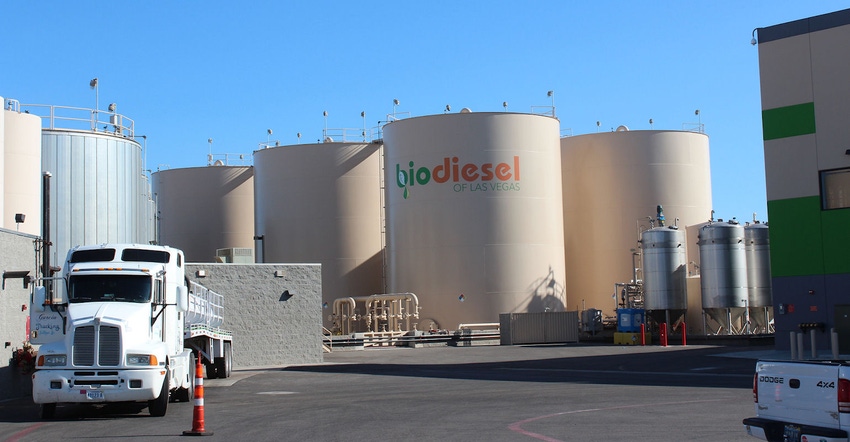April 16, 2020

The National Biodiesel Board opposes petitions from five state governors to waive 2020 Renewable Fuel Standard volumes.
The petitions were submitted by Govs. John Bel Edwards, D-LA, Greg Abbott, R-TX, Gary Herbert, R-UT, Kevin Stitt, R-OK, and Mark Gordon, R-WY.
"NBB and its members condemn the oil industry's attempt to use the current national emergency as an excuse to undermine the RFS," said Kurt Kovarik, NBB's VP of Federal Affairs. "The waiver sought by the oil state governors would devastate renewable fuel producers, cost essential critical infrastructure jobs in multiple states, reduce incomes for soybean farmers, and lead to dirtier air and higher carbon emissions."
The economic challenges of refiners stem from stay-at-home orders related to COVID-19 along with the international crude oil price war; they have nothing to do with the RFS, Kovarik said.
"The fact is the decline in transportation fuel demand hurts refiners and biofuel producers equally," he said. "Refiners' RFS obligations are set as a percentage of the fossil fuel they produce or import, which means that lower fuel demand directly reduces the amount of renewable fuel they blend. Additionally, EPA has consistently demonstrated that refiners recoup the costs of any credits they purchase."
Waiving the RFS requirements for 2020 would be particularly devastating to biodiesel and renewable diesel producers. EPA sets the biomass-based diesel volume requirement more than a year in advance to give all stakeholders time to plan and invest. Now that EPA has translated the volume requirements into the annual percentage obligation, a waiver would provide little additional benefit to refiners but undercut the investments and plans of biodiesel producers.
An RFS waiver would be particularly harmful to the economies of Texas and Louisiana in addition to those of Midwest states. Nationwide, the biodiesel industry supports more than 60,000 jobs and $17 billion in economic activity. With more than 20% of the nation's biomass-based diesel production capacity, Texas and Louisiana reap significant benefits from producing and using these fuels. A waiver would cost jobs and economic investment in the two states.
Source: National Biodiesel Board, which is solely responsible for the information provided and is wholly owned by the source. Informa Business Media and all its subsidiaries are not responsible for any of the content contained in this information asset.
You May Also Like




